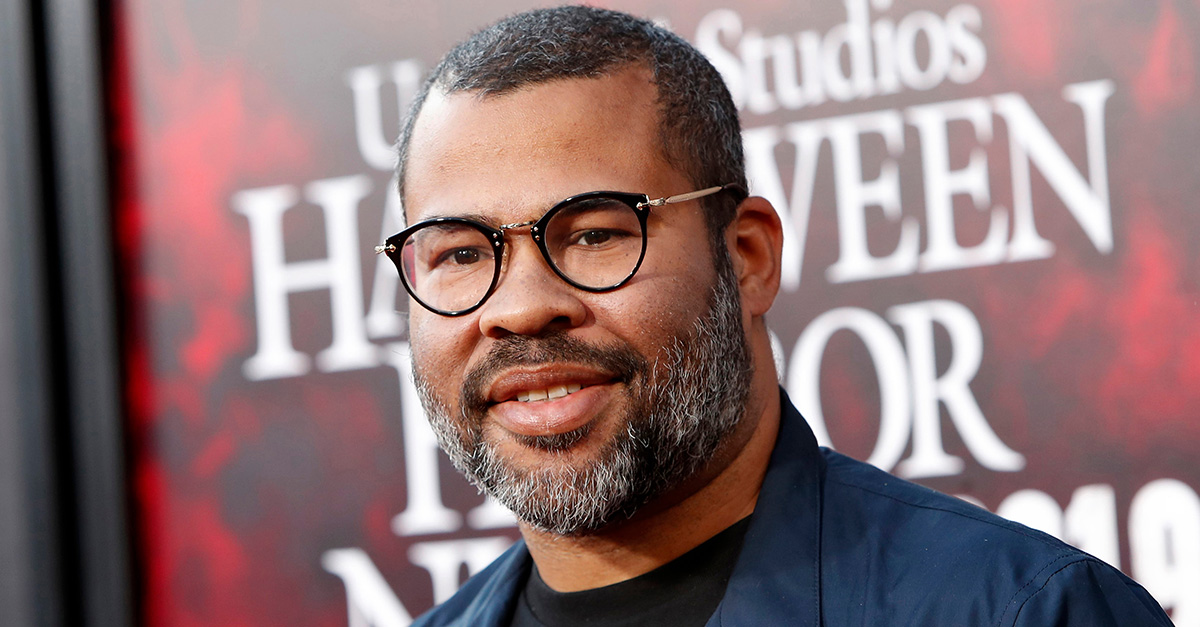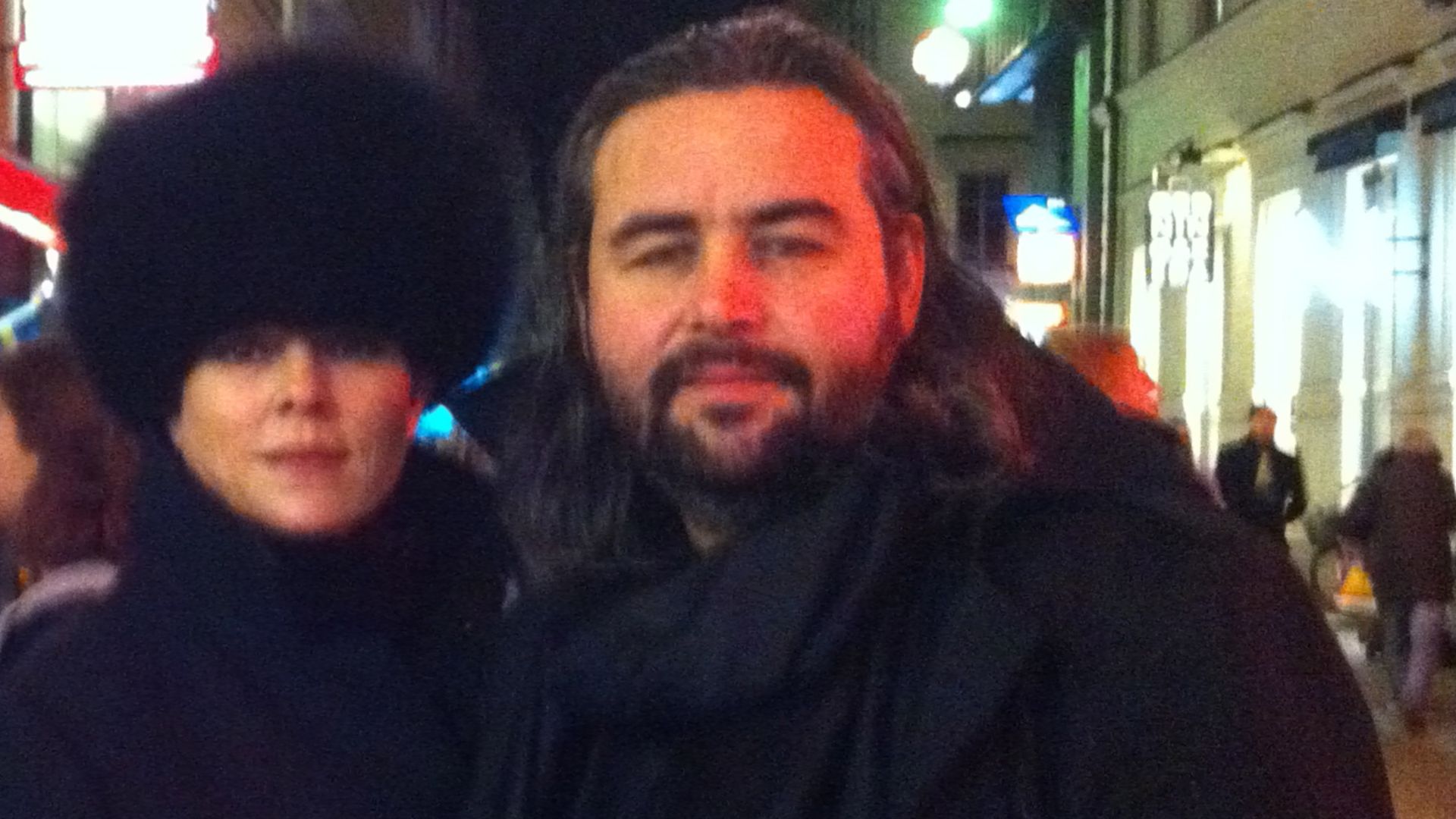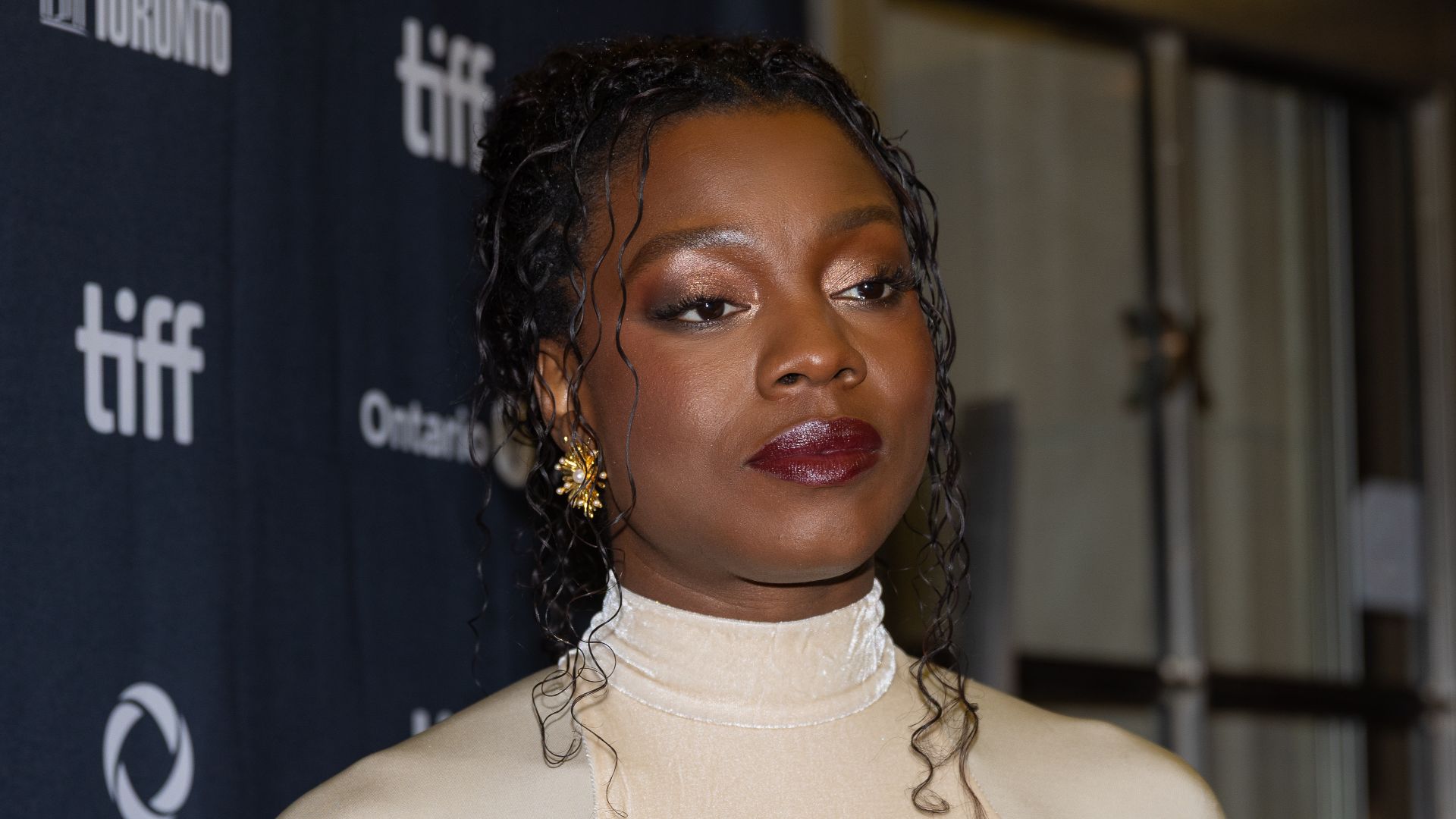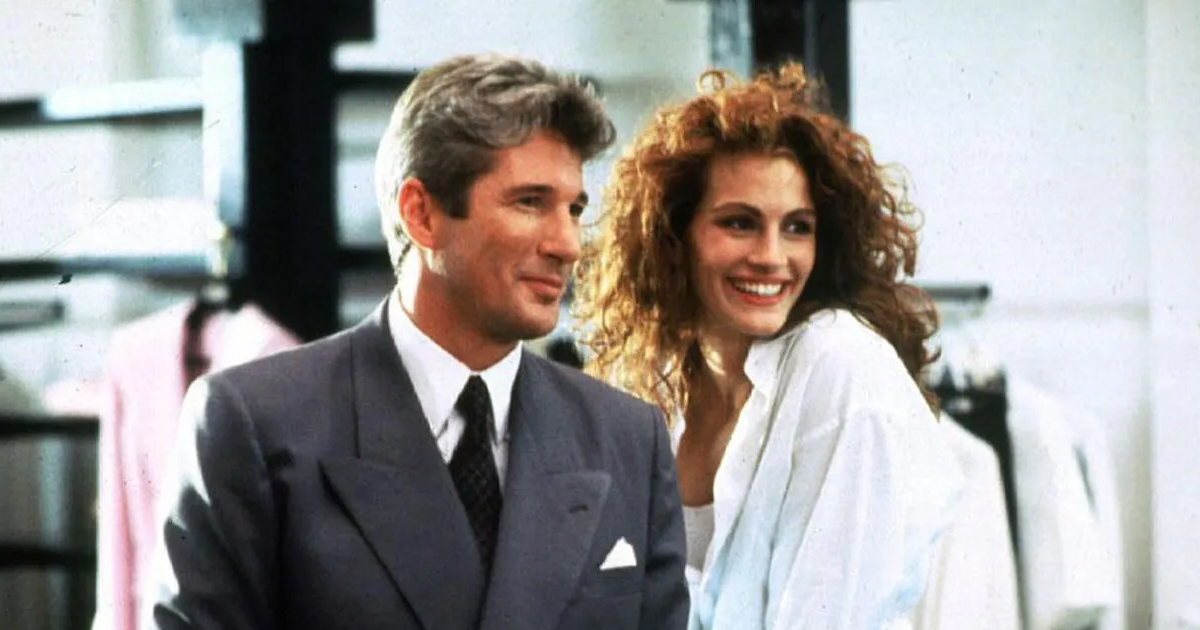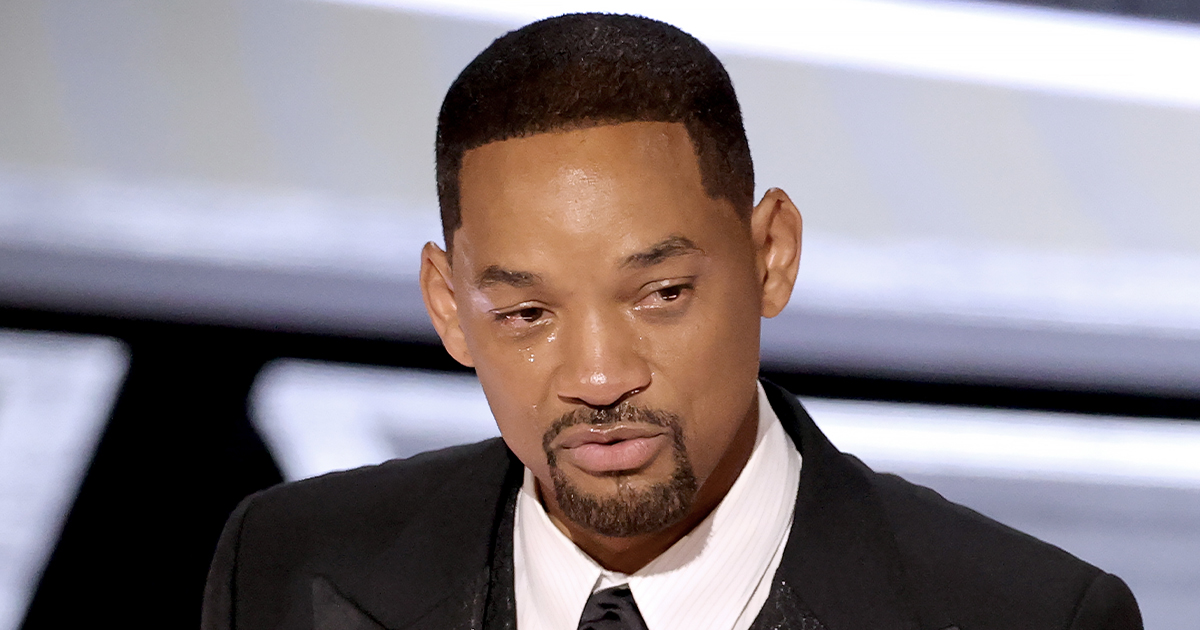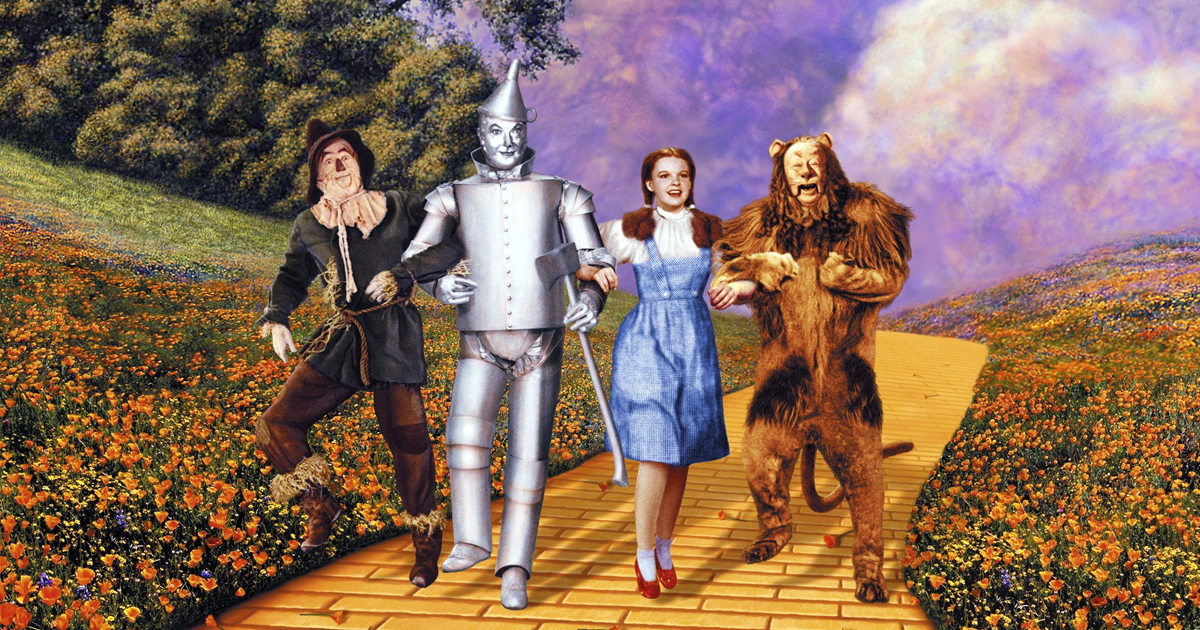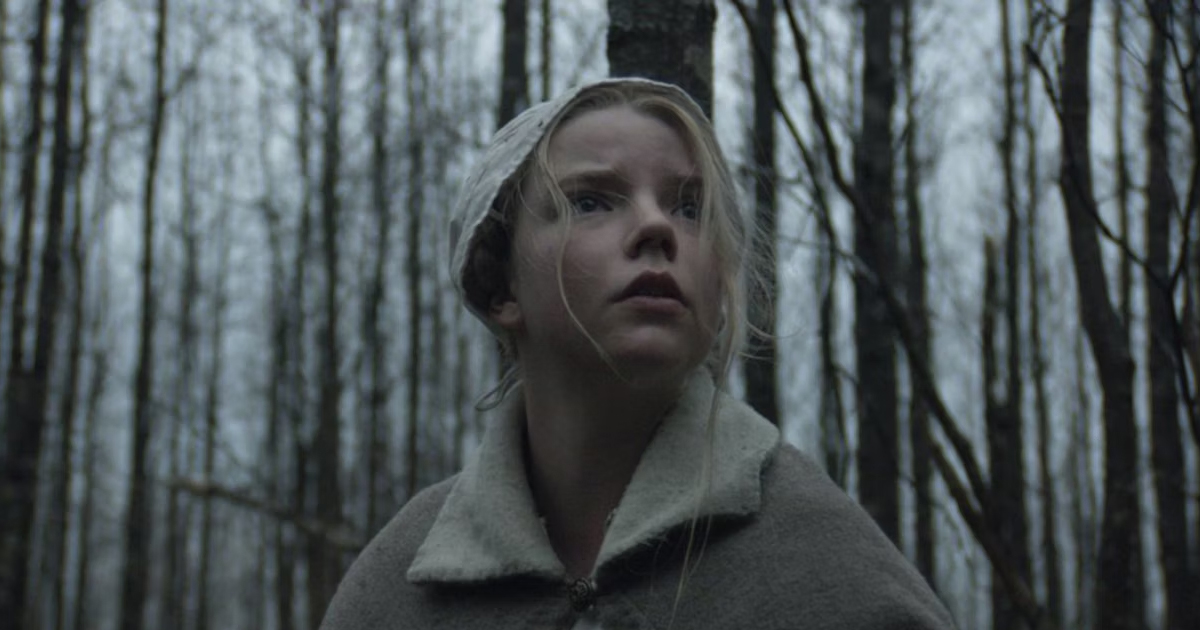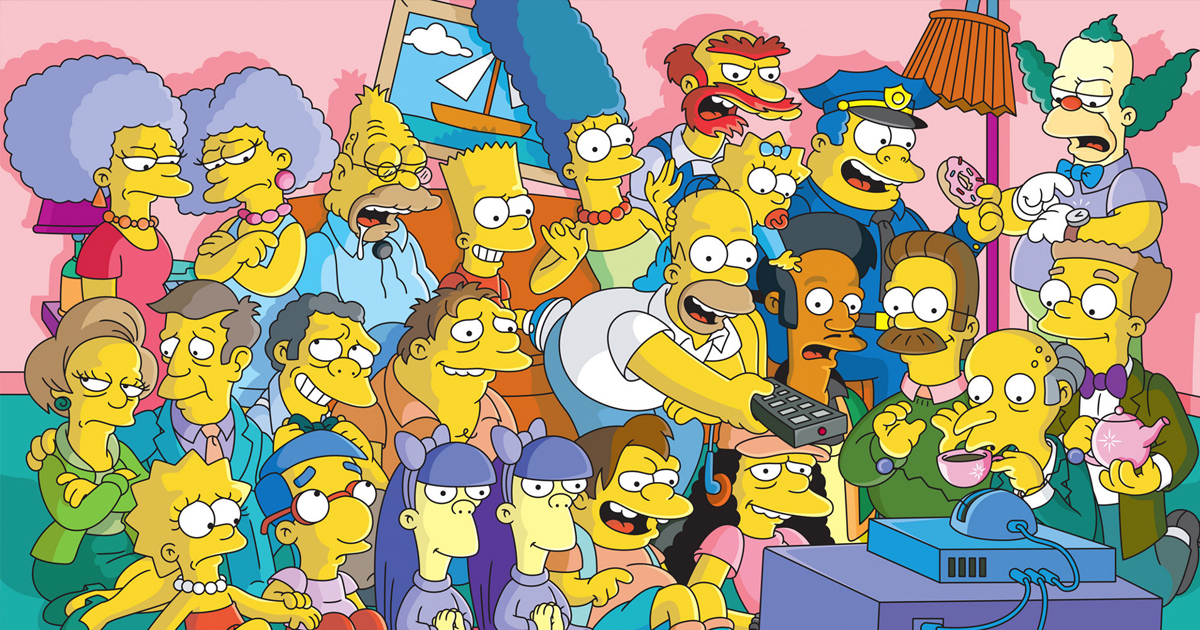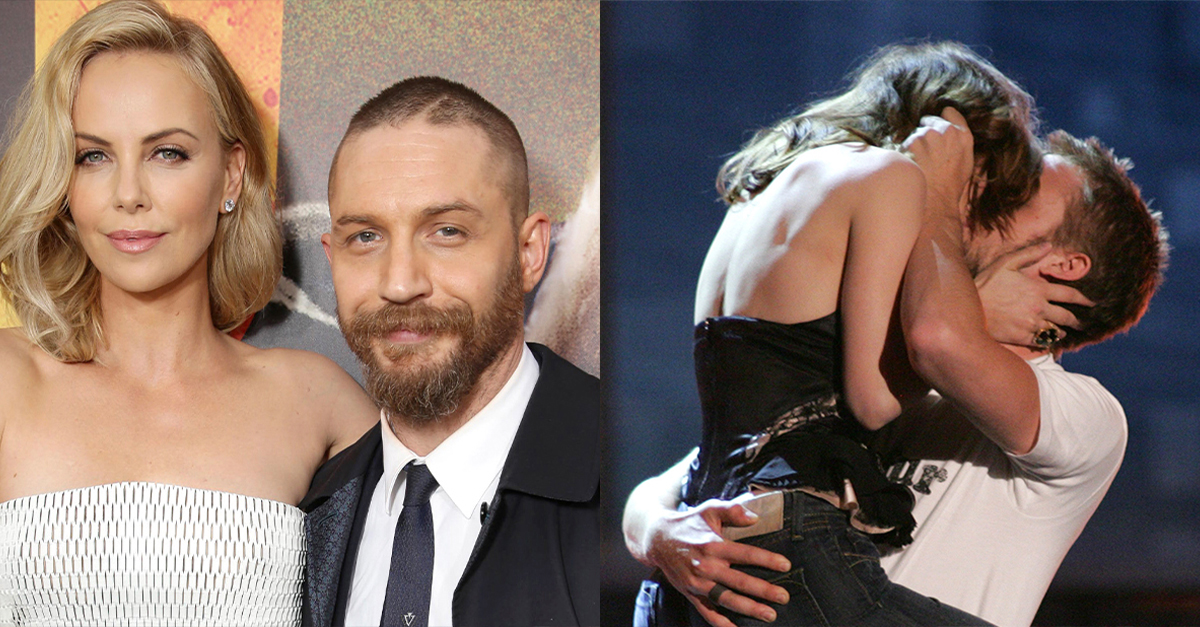The Mastermind Behind Modern Fear
Jordan Peele didn’t just make scary movies—he made meaningful scary movies. In just a few years, he’s become one of the most exciting voices in modern cinema, blending gut-level scares with ideas that stick in your head long after the lights come up. Peele didn’t just revive horror; he redefined what it could say.
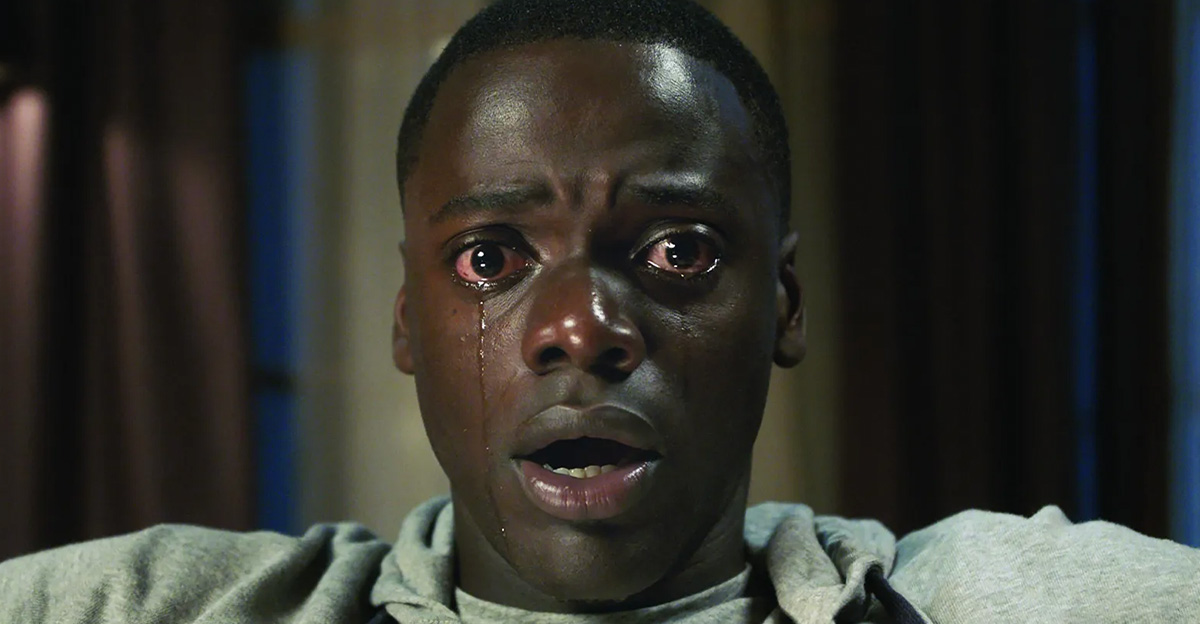
From Comedy Star To Horror Visionary
It’s easy to forget that the guy behind Get Out once spent his days cracking jokes on Key & Peele. But Peele’s leap from sketch comedy to psychological horror wasn’t as random as it sounds. Even in his comedy, he was dissecting identity, fear, and human absurdity—he just found a darker lens to do it through.
 Comedy Central, Key & Peele (2012-2015)
Comedy Central, Key & Peele (2012-2015)
Childhood Nightmares That Sparked A Calling
Growing up, Peele devoured horror movies. The Shining, Candyman, Rosemary’s Baby, Night of the Living Dead—these weren’t just thrills for him, they were lessons. He saw how horror could make people talk about what society usually hides. By the time he was an adult, he knew he wanted to do the same.
 Warner Bros., The Shining (1980)
Warner Bros., The Shining (1980)
When “Get Out” Landed, Everything Changed
No one saw Get Out coming. A small, strange horror film from a first-time director? But the moment audiences saw Daniel Kaluuya sink into that hypnotic “sunken place,” a collective chill went through the culture. Peele had created something entirely new—a horror movie that terrified and taught.
 Universal Pictures, Get Out (2017)
Universal Pictures, Get Out (2017)
Defining The “Social Thriller”
Peele started calling his style the “social thriller,” a genre where real-world issues drive the terror. Racism, privilege, exploitation—it’s all fuel for fear. He doesn’t preach; he provokes. He builds stories that make us squirm not just because of what’s on screen, but because of what’s reflected back at us.
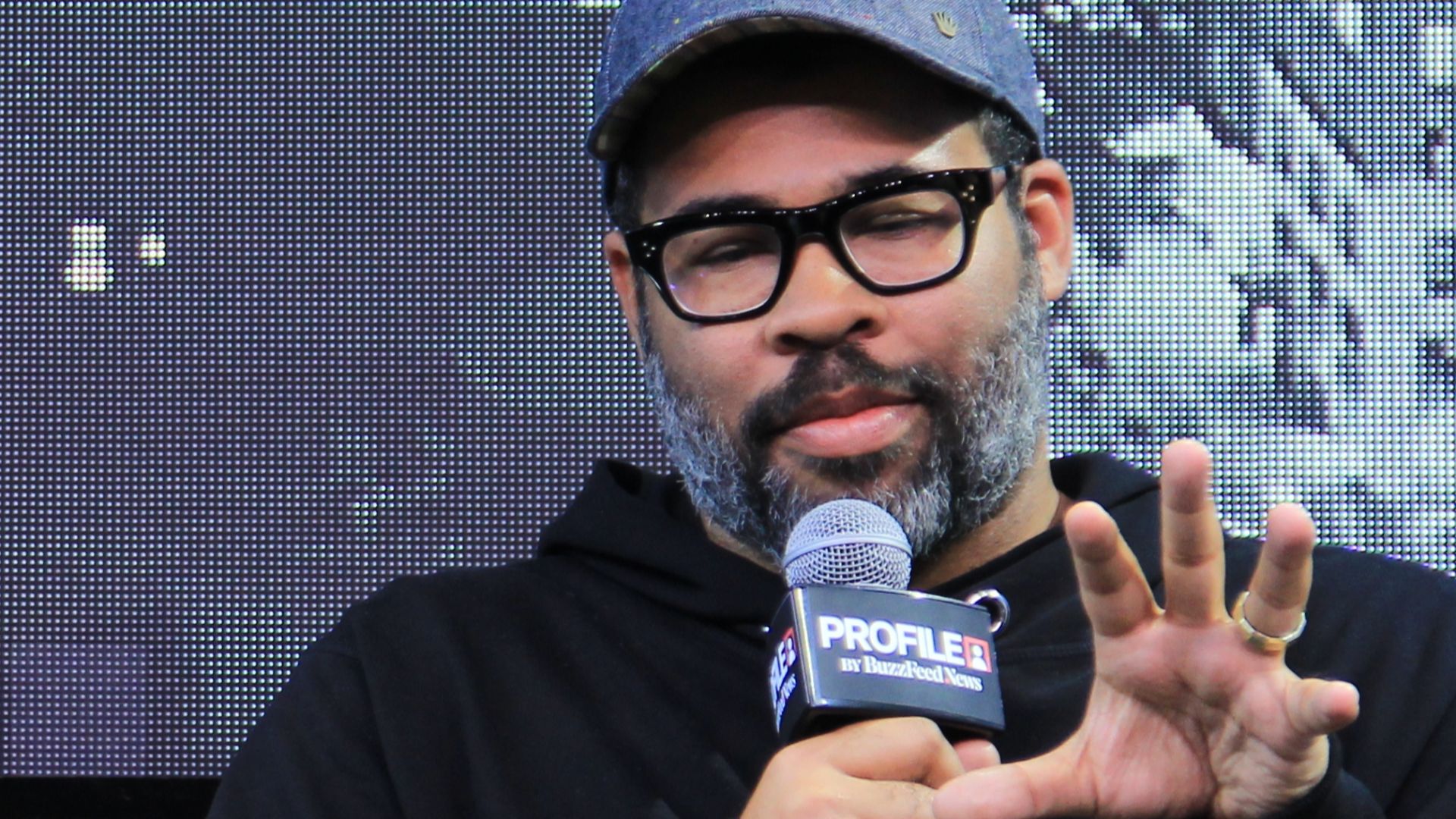 Daniel Benavides from Austin, TX, Wikimedia Commons
Daniel Benavides from Austin, TX, Wikimedia Commons
Turning Racism Into A Monster
In Get Out, the monster isn’t a ghost or a demon—it’s racism, plain and simple. Peele took microaggressions and turned them into literal possession, forcing audiences (especially white ones) to feel the horror of cultural appropriation and systemic control. It was horror as empathy, and it hit like a thunderclap.
 Universal Pictures, Get Out (2017)
Universal Pictures, Get Out (2017)
When The Oscars Came Calling
Get Out earned four Academy Award nominations, and Peele became the first Black filmmaker to win Best Original Screenplay. It wasn’t just a victory for him—it was a win for horror itself. Suddenly, the genre that Hollywood often treated as “lowbrow” had something powerful to say again.
 Get Out wins Best Original Screenplay, Oscars
Get Out wins Best Original Screenplay, Oscars
Making The Ordinary Unnerving
What’s so eerie about Peele’s films is how normal they seem—until they don’t. A family vacation. A polite dinner party. A ranch in California. He starts in reality and slowly twists it until the world feels just wrong enough to make your stomach drop. His horror seeps in through the cracks of the everyday.
 Universal Pictures, Nope (2022)
Universal Pictures, Nope (2022)
“Us”: The Terror Of The Mirror
Peele followed Get Out with Us in 2019, a movie about doppelgängers, trauma, and the monsters we bury inside ourselves. The film’s haunting message? The real threat isn’t the “other” at all—it’s us. It was bigger, weirder, and more ambitious, cementing Peele as a filmmaker who refuses to play it safe.
The Tethered And America’s Shadow
The “Tethered” in Us—those red jumpsuit-wearing doubles—represent the underclass, the unseen people holding up society. Peele turned them into a literal uprising, forcing the audience to face the uncomfortable truth that comfort for some always costs others dearly.
Homage To The Horror Greats
Peele’s influences run deep: Hitchcock’s tension, Kubrick’s precision, Carpenter’s atmosphere, Romero’s politics. But he filters them all through his own perspective as a Black artist in 21st-century America. The result feels both familiar and utterly original.
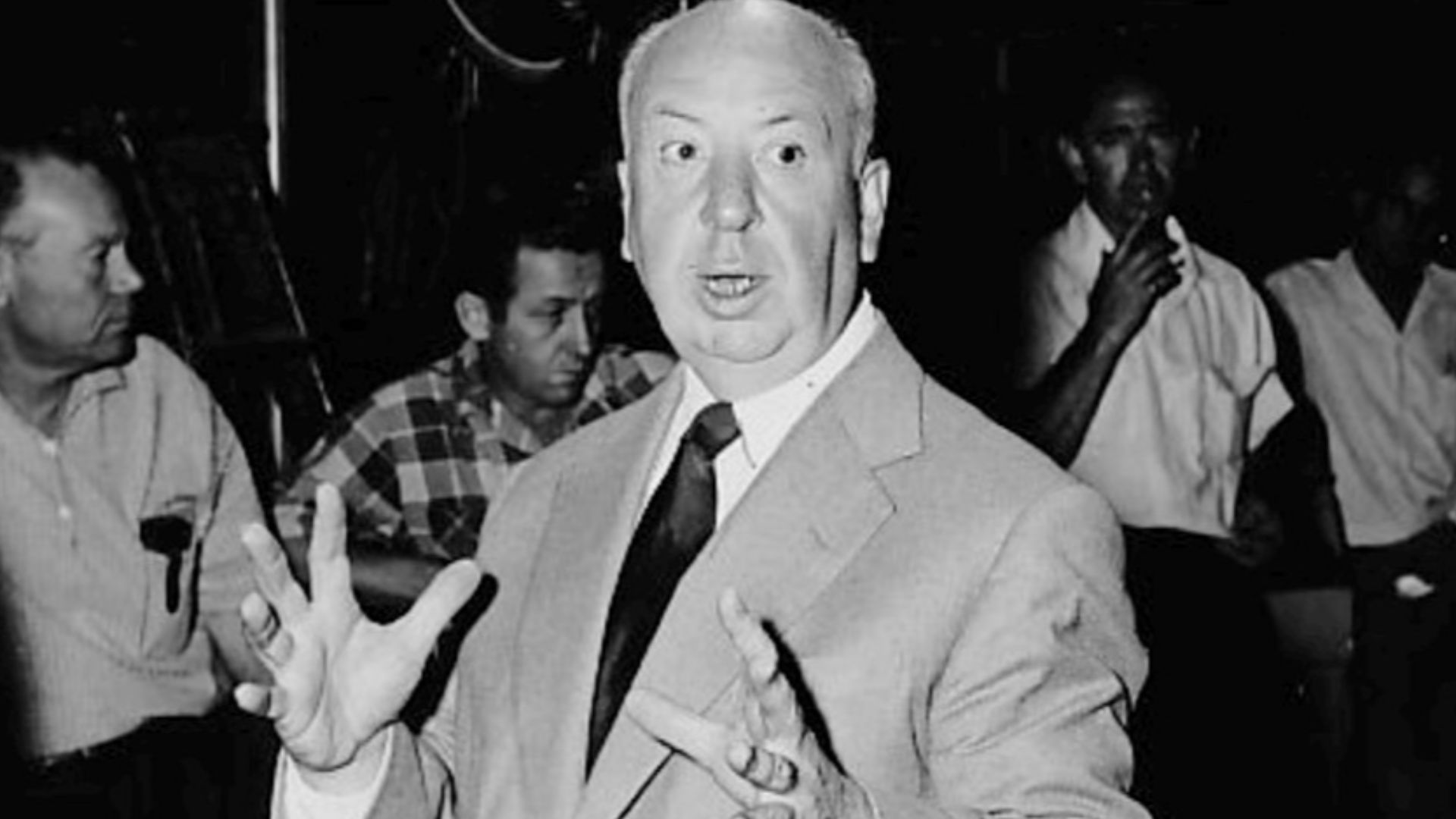 CBS Television, Wikimedia Commons
CBS Television, Wikimedia Commons
“Nope”: Aliens, Cameras, And The Cost Of Spectacle
Then came Nope—a sci-fi horror western about a brother and sister trying to capture proof of a UFO. But beneath the monster-movie setup was something else entirely: a story about exploitation, fame, and the human hunger to watch. Peele turned our obsession with spectacle into the scariest thing of all.
 Universal Pictures, Nope (2022)
Universal Pictures, Nope (2022)
The Predator In The Sky
In Nope, the creature above the clouds isn’t just an alien—it’s a metaphor for the entertainment industry itself. Everyone wants a shot, everyone wants attention, and everyone’s willing to risk their life for it. It’s horror about Hollywood, told from the people who usually stand behind the camera.
 Universal Pictures, Nope (2022)
Universal Pictures, Nope (2022)
The Unspoken Threads Between His Films
There’s no “Peele Cinematic Universe” in the Marvel sense, but there are echoes everywhere. His movies share DNA—obsession, invisibility, guilt. Together, they form a portrait of a culture haunted by what it refuses to acknowledge.
 'Us' Behind the Scenes With Jordan Peele, hollywoodstreams
'Us' Behind the Scenes With Jordan Peele, hollywoodstreams
Representation That’s Long Overdue
For decades, Black characters in horror rarely made it past the first act. Peele flipped that trope on its head. His protagonists are sharp, complex, and fully realized. They survive not because they’re lucky—but because they’re smart. Representation, for Peele, isn’t a box to check. It’s a revolution.
 Universal Pictures, Get Out (2017)
Universal Pictures, Get Out (2017)
Horror, But Make It Beautiful
Visually, Peele’s films are stunning. The way he uses symmetry, light, and framing gives every shot purpose. Even in the middle of terror, his movies feel painterly—proof that horror can be just as gorgeous as it is gut-wrenching.
 Universal Pictures, Nope (2022)
Universal Pictures, Nope (2022)
The Crew Behind The Chaos
Peele’s brilliance shines brightest through collaboration. With cinematographer Hoyte van Hoytema (Nope), composer Michael Abels, and editor Nicholas Monsour, he’s built a creative team that knows how to make beauty terrifying. The sound design alone could raise the dead.
The Power Of Silence
Peele knows when not to scare you. Sometimes the loudest moments in his movies are the quietest—the teacup stirring in Get Out, the eerie hum in Us, the sudden stillness before a scream in Nope. He plays silence like an instrument, and the audience becomes the string.
 Universal Pictures, Get Out (2017)
Universal Pictures, Get Out (2017)
Nothing Is Accidental
Watch a Peele film twice (or three times), and you’ll notice things you missed: recurring symbols, mirrored shots, tiny clues. A deer in the road, a pair of scissors, a balloon—everything means something. His stories are puzzles meant to be solved slowly, piece by piece.
 Universal Pictures, Get Out (2017)
Universal Pictures, Get Out (2017)
The Twilight Zone Connection
When Peele took over as host and producer of The Twilight Zone reboot, it felt like destiny. Rod Serling’s original series mixed sci-fi, morality, and fear—exactly the blend Peele had been perfecting. His episodes carried that same spirit of eerie reflection for a modern world.
 CBS All Access, The Twilight Zone (2019-2020)
CBS All Access, The Twilight Zone (2019-2020)
A Producer With Purpose
Through his company, Monkeypaw Productions, Peele has helped bring other groundbreaking projects to life—like Candyman (2021) and BlacKkKlansman. He’s using his platform not just to create, but to elevate other storytellers pushing boundaries in horror and beyond.
 Universal Pictures, Candyman (2021)
Universal Pictures, Candyman (2021)
“Elevated Horror”? Not Quite.
Critics love to call Peele’s work “elevated horror,” but he bristles at the term. To him, horror’s always been capable of intellect and artistry—it just wasn’t always given the respect. He’s not elevating horror; he’s reminding people it was already standing tall.
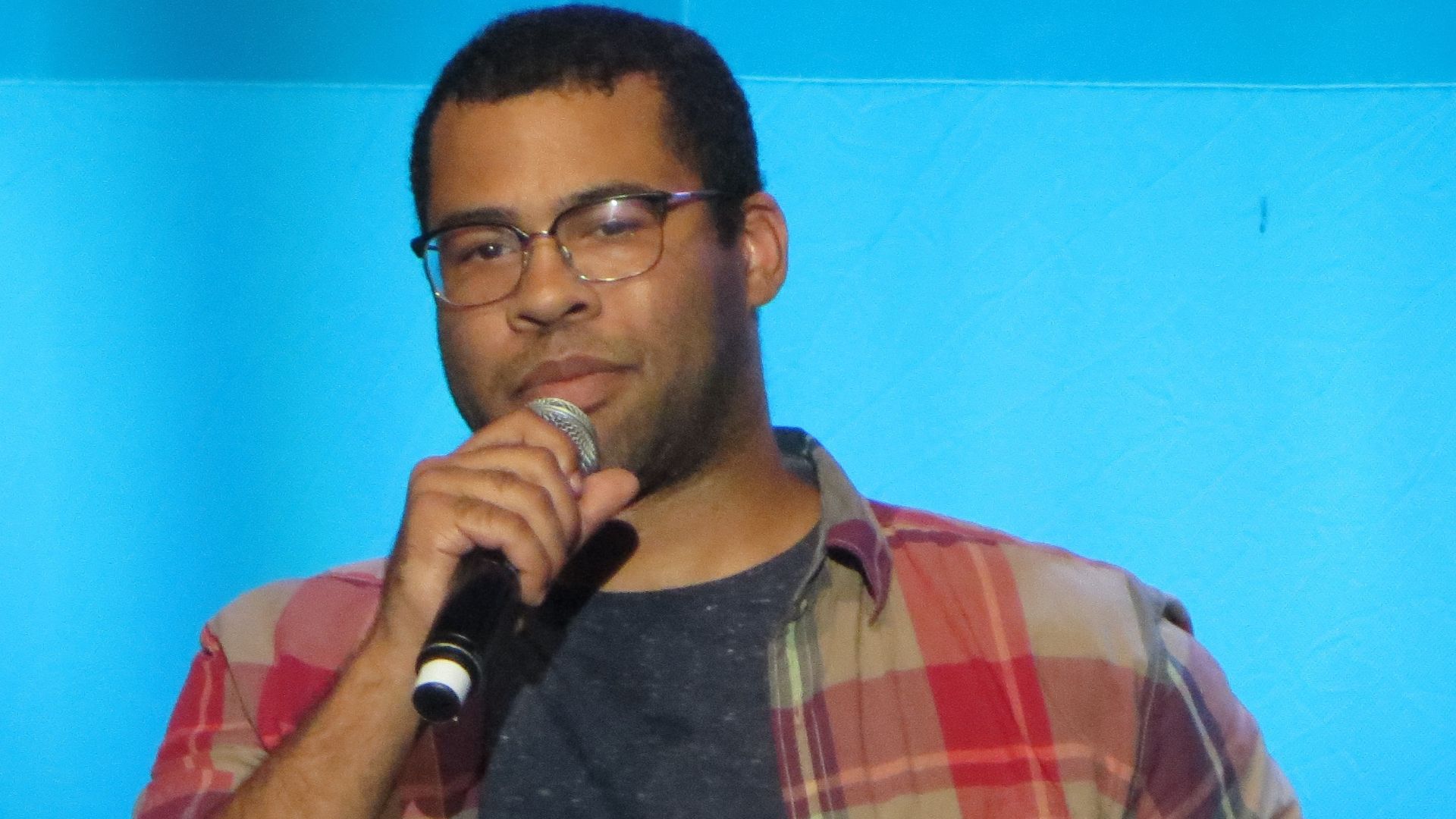 Kevin Edwards from Palo Alto, Wikimedia Commons
Kevin Edwards from Palo Alto, Wikimedia Commons
The Peele Effect
After Get Out, studios started looking for “the next Jordan Peele.” While no one can replicate his magic, his success cracked the door open for filmmakers like Nia DaCosta, Ari Aster, and Robert Eggers. Suddenly, “weird, smart, socially aware horror” wasn’t a risk—it was a box office hit.
Fear As A Path To Empathy
The secret to Peele’s power is simple: fear makes us pay attention. By terrifying audiences, he makes them feel things they might otherwise ignore—about race, privilege, or human nature itself. His horror doesn’t just scare; it connects.
 Universal Pictures, Get Out (2017)
Universal Pictures, Get Out (2017)
Why His Films Stick With You
A week after watching a Jordan Peele movie, you’ll still be unpacking it. His stories linger because they’re about us—our fears, our blind spots, our contradictions. He understands that the scariest monster is often the one we see in the mirror.
 Universal Pictures, Get Out (2017)
Universal Pictures, Get Out (2017)
The Future Of Peele’s Nightmares
Peele is famously secretive about what he’s working on next. But if history is any clue, it’ll be something that gets under your skin and into your conscience. Whatever comes next, expect the unexpected—and expect to be unsettled.
 HIM | A First Look, Universal Pictures
HIM | A First Look, Universal Pictures
The Legacy Of A Genre Revolution
Jordan Peele has proven that horror can be as insightful as it is terrifying. He’s shown that the genre can make us scream and think, that monsters can be metaphors, and that fear can spark conversation. In his hands, horror isn’t just entertainment—it’s evolution.
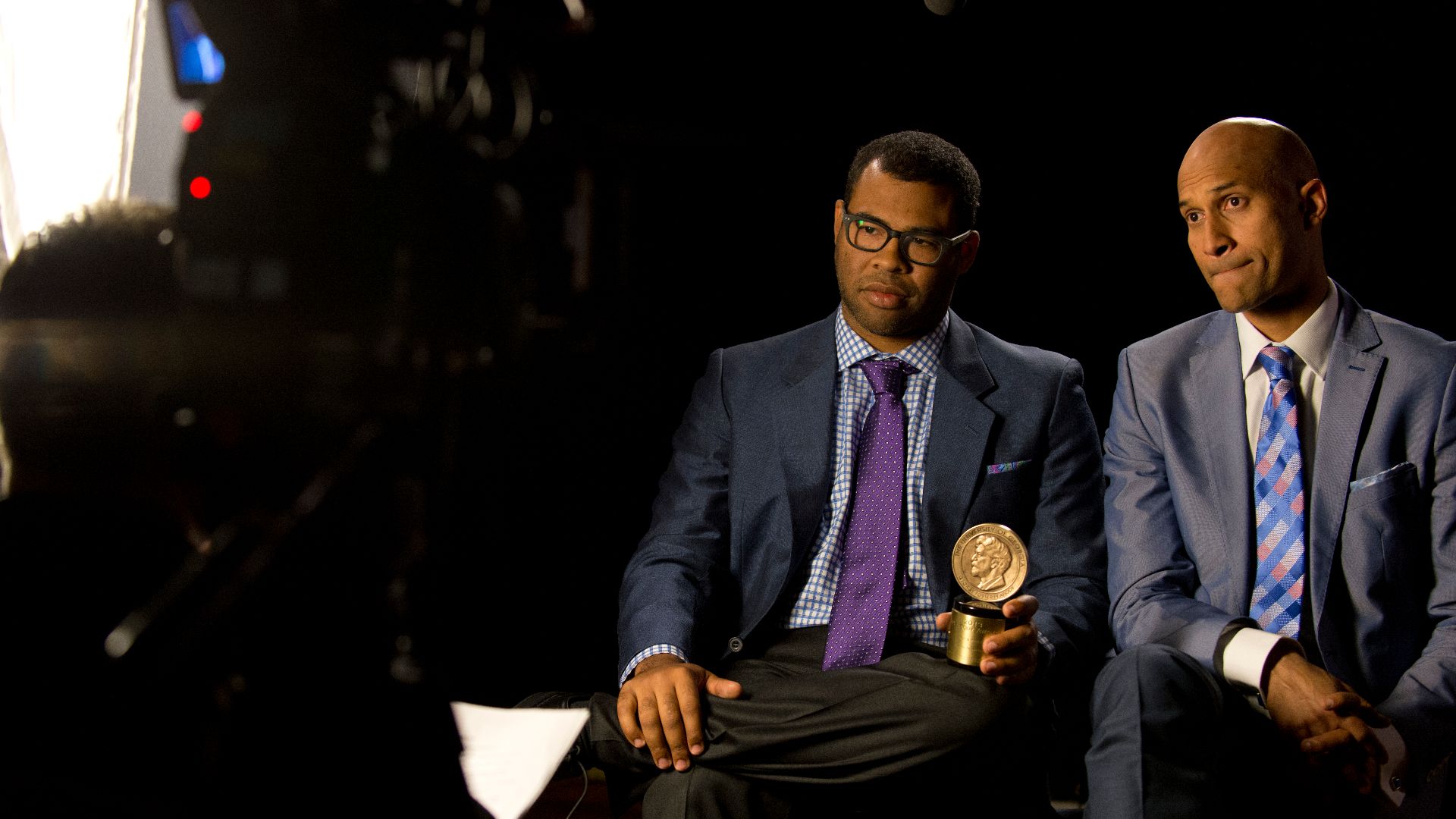 Peabody Awards, Wikimedia Commons
Peabody Awards, Wikimedia Commons
You May Also Like:
The Best Haunted House Movies Of All-Time
Directors Whose Styles Are So Distinct, You Know It’s Them In Seconds
Iconic "True Story" Movies That Actually Got A Whole Lot Wrong

